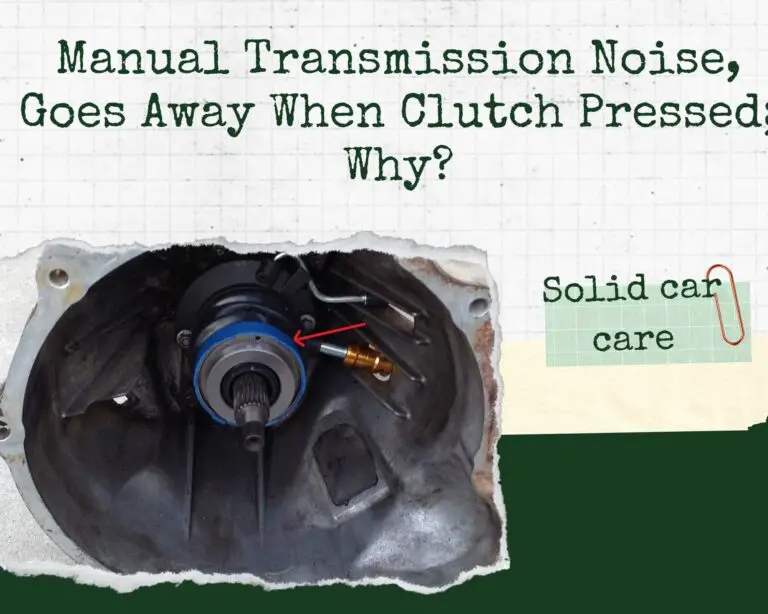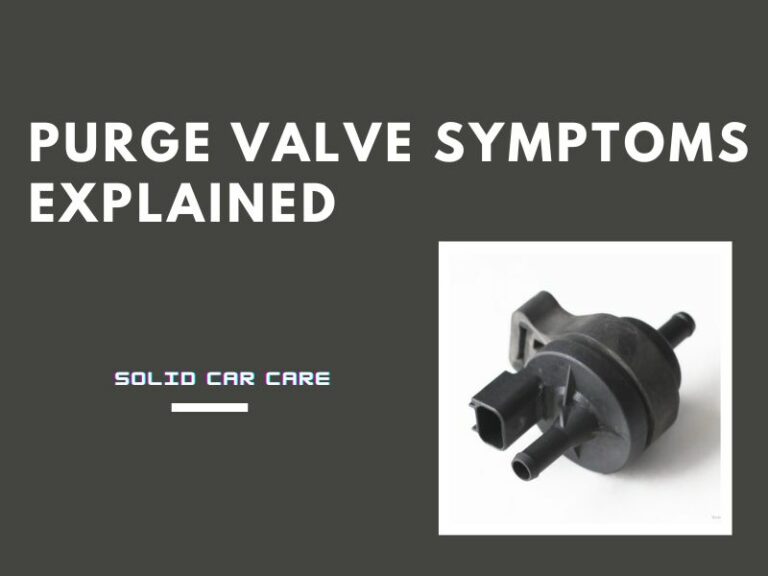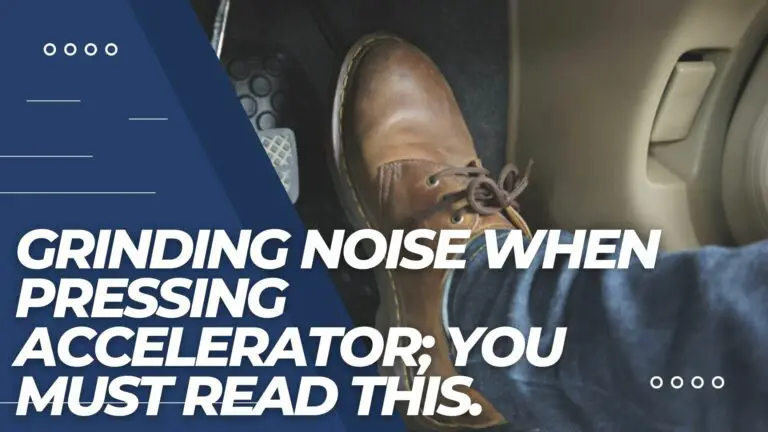Rattling In Steering Wheel; Causes And Fixing.

A rattling in the steering wheel can be a concerning issue, as it can indicate a variety of problems with your car’s steering or suspension system. The severity and cause of the problem can vary depending on several factors, so it’s important to pay attention to the details and get it checked out by a mechanic as soon as possible.
Table of Contents
- Suspension issues:
- Steering system issues:
- Other possibilities:
- Here are some tips for diagnosing the problem yourself:
Here are some possible causes of a rattling in the steering wheel:
Suspension issues:
- Worn tie rods or ball joints: These components connect the steering wheel to the wheels and can become worn over time, causing play and rattling.
- Worn shocks or struts: These components absorb bumps and vibrations, and worn shocks or struts can lead to rattling as the suspension struggles to do its job.
- Loose control arm bushings: These bushings connect the control arms to the chassis and can become loose or worn, causing rattling and clunking noises.
Steering system issues:
- Loose steering rack: The steering rack is the main component that connects the steering wheel to the wheels. If it becomes loose, it can cause rattling and vibration.
- Worn power steering pump: The power steering pump helps to make the steering wheel easier to turn. If it’s worn, it can make noise and cause the steering wheel to vibrate.
- Low power steering fluid: Low power steering fluid can also cause noise and vibration, as the pump has to work harder to circulate the fluid.
Other possibilities:
- Loose screws or bolts: Sometimes, a rattling in the steering wheel can be caused by something as simple as a loose screw or bolt in the steering column or dashboard.
- Worn tires: Unevenly worn tires can cause vibrations that can be felt in the steering wheel.
- Wheel alignment issues: If your car’s wheels are not aligned properly, it can cause vibrations and rattling.
Here are some tips for diagnosing the problem yourself:
- Pay attention to the sound: Does the rattling occur all the time, or only at certain speeds or when turning? This can help to narrow down the possible causes.
- Check for play in the steering wheel: Wiggle the steering wheel back and forth. If there is any play, it could be a sign of worn tie rods or ball joints.
- Inspect the tires: Look for uneven wear on the tires, which could indicate alignment issues.
- Listen for other noises: If you hear any other clunking or grinding noises, it could be a sign of a more serious problem.
Ultimately, it’s best to have a qualified mechanic diagnose the problem and recommend repairs. They will be able to use specialized tools and equipment to pinpoint the exact cause of the rattling and make sure your car is safe to drive.
I hope this information helps! Please let me know if you have any other questions about your car or if there’s anything else I can do to assist you.






